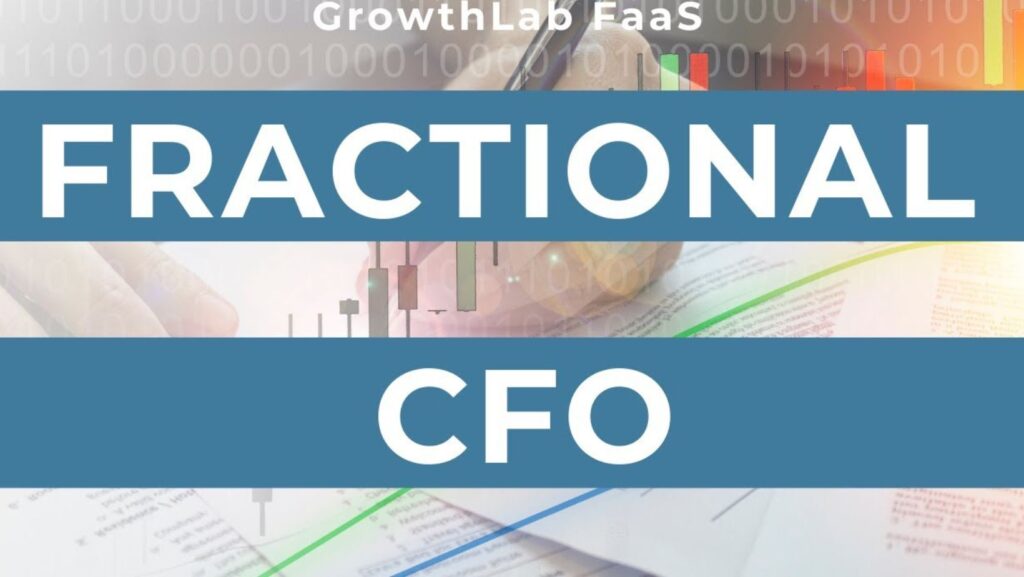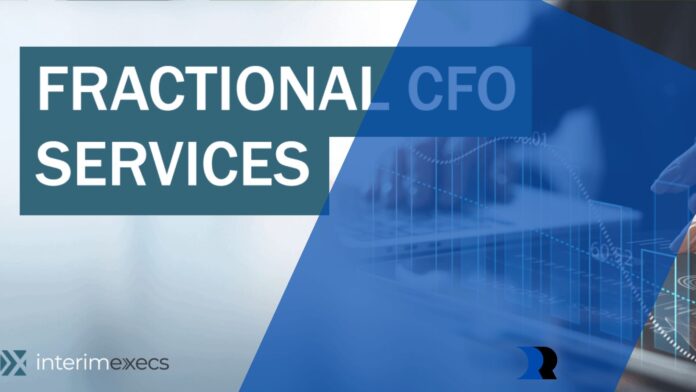A Chief Financial Officer (CFO) has long been associated with large corporations requiring a full-time executive to manage their financial strategy. However, many small and mid-sized businesses also need financial expertise but lack the budget or demand for a full-time CFO. That’s where the fractional CFO comes in, a professional who provides high-level financial guidance on a part-time or contract basis.
Becoming a fractional CFO allows you to leverage your financial skills to serve multiple clients, offering flexibility, variety, and the opportunity to make a meaningful impact on businesses. If you’re considering this career path, here’s how to get started and succeed as a fractional CFO.
Understanding the Role of a Fractional CFO
A fractional CFO performs many of the same duties as a full-time CFO but on a scaled-down basis tailored to a business’s specific needs. These unique responsibilities often include overseeing financial strategy, managing budgets, forecasting, analyzing financial performance, and advising on key business decisions.
Fractional CFOs typically work with companies during critical growth phases, such as scaling operations, preparing for funding rounds, or navigating financial challenges. Their specialized expertise is especially valuable for businesses that don’t require or cannot afford a full-time CFO but still need strategic financial leadership.
CFO vs. Controller: What’s the Difference?
Understanding the distinction between CFO vs controller is crucial if you’re transitioning into the fractional CFO role. While both roles involve financial oversight, they focus on different aspects of a company’s finances.
A controller is primarily responsible for the accuracy and integrity of financial records. This includes managing bookkeeping, overseeing payroll, preparing financial statements, and ensuring compliance with accounting standards. Controllers focus on the day-to-day financial operations and reporting.
A CFO, on the other hand, takes a more strategic approach. They analyze financial data to provide insights and guide decision-making. CFOs are involved in planning for growth, optimizing cash flow, developing investment strategies, and assessing risk. While a controller ensures the financial foundation is solid, the CFO builds upon it to drive the company’s long-term success.
For a fractional CFO, understanding and sometimes bridging the gap between these roles is critical. In smaller organizations, you may find yourself wearing both hats, especially if the company doesn’t have a dedicated controller.
Steps to Becoming a Fractional CFO
To become a fractional CFO, you need a deep understanding of financial management, strategic planning, and business operations. Many fractional CFOs have backgrounds as accountants, controllers, or finance directors. Obtaining certifications such as CPA (Certified Public Accountant) or CFA (Chartered Financial Analyst) can enhance your credibility.
Gain Diverse Experience
Working across various industries or in multiple financial roles can prepare you for the versatility required as a fractional CFO. Companies will look to you for solutions tailored to their unique challenges, so a broad range of experiences will make you more valuable.
Develop Strategic Skills
While technical financial skills are essential, strategic thinking is what sets a CFO apart. Focus on honing your ability to analyze data, identify trends, and provide actionable insights. Leadership, communication, and problem-solving skills are also crucial for building trust with clients and influencing decision-making.
Network and Market Yourself
Building a network of business owners, advisors, and industry professionals is key to finding clients. Attend industry events, join professional organizations, and leverage platforms like LinkedIn to showcase your expertise. Position yourself as a problem-solver who can help businesses achieve their financial goals.
Offer Flexible and Scalable Services
As a fractional CFO, your clients may have varying needs, from ongoing financial oversight to short-term project support. Develop a service menu that includes options like monthly financial reviews, cash flow forecasting, or assistance with investor presentations. Flexibility will help you attract a wider range of clients.
The Benefits of Being a Fractional CFO
Becoming a fractional CFO gives you a wide range of professional and personal perks. You can enjoy a flexible schedule, working with multiple clients while maintaining control over your workload. The variety of industries and business challenges keeps the role dynamic and engaging.
Also, fractional CFOs often command competitive rates, reflecting the high-level expertise they bring to the table.
Another major advantage is the ability to make a significant impact. Many small businesses lack concrete financial leadership, and your guidance can help them navigate challenges, seize growth opportunities, and achieve long-term success.
Challenges to Consider
While the fractional CFO role is rewarding, it comes with challenges. Managing multiple clients requires excellent organizational skills and the ability to prioritize effectively. You may also face periods of uncertainty when transitioning between clients or projects.
Additionally, building trust with clients as an external consultant can take time. Clear communication and delivering consistent results are key to establishing strong, long-term relationships.
Tools and Resources for Fractional CFOs
To succeed in this role, you’ll need tools that streamline financial management and enhance your efficiency. Consider using cloud-based accounting software, financial forecasting platforms, and project management tools to stay organized.
Joining professional networks or seeking mentorship from experienced fractional CFOs can also provide valuable insights and support.
Start Your Career as a Fractional CFO
Becoming a fractional CFO is an excellent opportunity to leverage your financial expertise in a flexible and impactful way. By understanding the unique needs of your clients, building strong strategic skills, and positioning yourself as a trusted advisor, you can thrive in this growing field.
Whether you’re transitioning from a corporate finance role or starting fresh, the demand for fractional CFOs continues to rise, offering countless opportunities to shape the financial success of businesses while enjoying the freedom of a part-time career.


